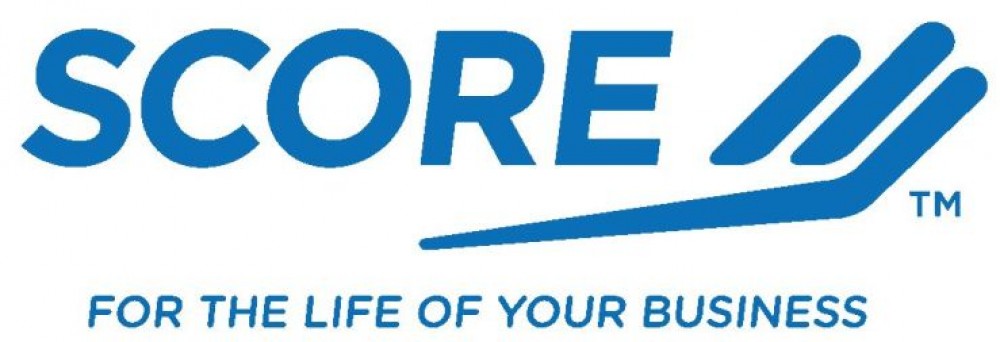As you map out expenses for your new small business, make sure you include taxes. Although, many small business accounting software programs have built-in features to help guide you through the various calculations, you should still be aware of the kinds of taxes required for your type of business, and plan payments accordingly.
According to the Internal Revenue Service (www.irs.gov), there are four general types of business taxes.
All businesses except partnerships must pay income tax both to the federal government and, with a few exceptions, the state where the business is located. Whereas an employee, you settled up with Uncle Sam every April 15th, your small business must pay income tax as it’s earned during the year, usually in four installments.
Because some information won’t be available until the end of the tax year, you’ll have to estimate your tax obligation for each period. When you prepare your annual tax return, you’ll determine whether you overpaid and are due a refund, or if an additional payment is necessary.
Different forms are required for different business structures, so check the IRS’s website to find the appropriate ones for your specific business.
Most small business owners who aren’t salaried will also pay self-employment taxes along with their estimated income tax. These cover your contributions to your Social Security and Medicare coverage.
If your small business has employees, you’ll have to pay employment taxes. In addition to the Social Security and Medicare taxes mentioned above, employment taxes include state and federal income tax withholding, unemployment tax, and worker’s compensation insurance. Some states also require employers to pay for temporary disability insurance.
Federal excise taxes must be paid by businesses that manufacture or sell certain products, use various kinds of equipment, facilities, or products; or perform certain activities and services. The range of business types and activities subject to excise taxes is quite broad, encompassing everything from long-haul truckers to indoor tanning services. That’s why it’s important to research those that may apply to your specific business or industry during the start-up planning process.
In addition, your state or locality may have other business taxes or fees. For example, a tax permit allows you to collect sales tax from customers. You may also need to pay for a business license each year. In some localities, licenses are not required for certain types of businesses (e.g., home-based services), or those below a certain income threshold. Nevertheless, these businesses must still be registered with the appropriate agency.
As you can see, taxes require careful study to make sure you’re paying the right amounts for the right reasons. And a great place to learn more about them is SCORE, a nonprofit association that offers a wealth of information resources, training, and free counseling designed to help entrepreneurs start, grow, and succeed nationwide. For more information about taking advantage of these valuable services, visit http://www.score.org.
